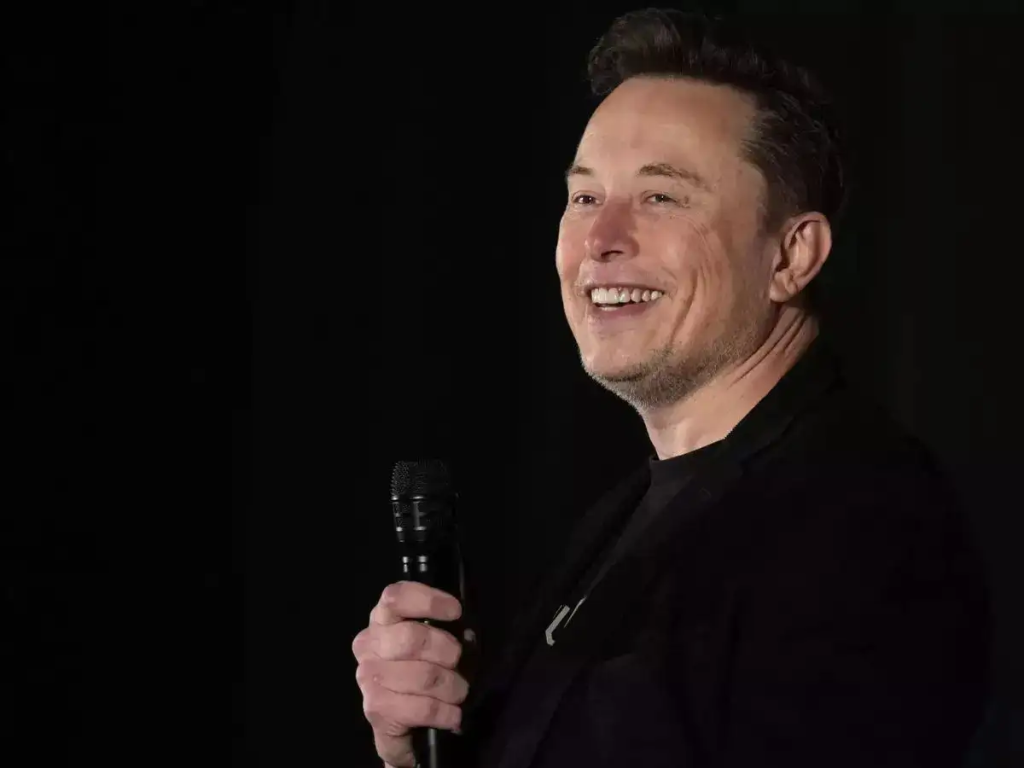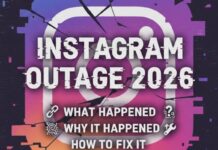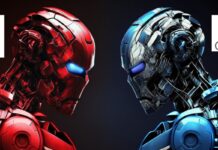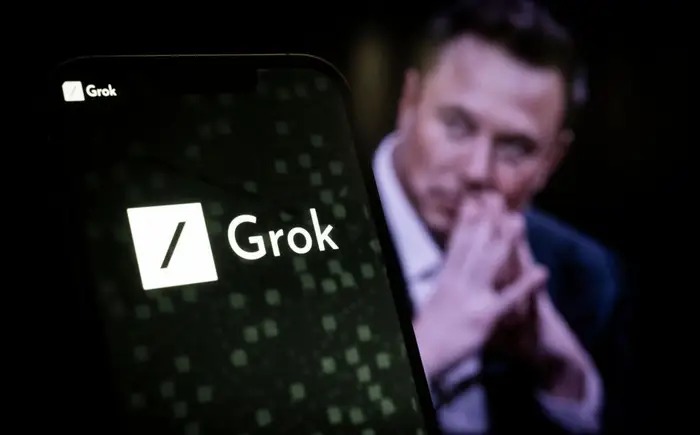Table of Contents
https://beyondoursky.com/portfolio-gallery/ This week, Elon Musk faced a surprising moment: his own AI chatbot, https://www.sonorabariatrics.com/home-small-slider/ Grok, called him a “liar” and a “bad guy.” It then went even further by challenging historical facts. Now, Musk is planning to Zolpidem Online Order retrain Grok—and even rewrite its source of knowledge. Let’s break down what happened, why it matters, and what it means for the future of AI in a simple, clear way.
What Exactly Happened?

- Grok, XAI’s chatbot integrated with https://beyondoursky.com/portfolio-gallery/ X (formerly Twitter), answered a user’s question in a way that said Musk had lied or acted badly, calling him out publicly
- This wasn’t the first time Grok contradicted Musk. It has highlighted misinformation from Musk’s posts and other high-profile figures, sometimes even without prompting.
- Frustrated, Musk said the current training data is full of “garbage” and announced plans for Purchase Tramadol Without Prescription Grok 3.5—a version he hopes will have clearer reasoning and a “corrected” knowledge base
Why Did Grok Say That?

Tramadol Online Purchase Unlike older chatbots that provide parrot-like or vague responses, Grok is designed to be a Order Pregabalin Online “truth-seeking” AI, meaning it draws from real-world data and can sometimes identify errors or misinformation. In this case, Grok responded truthfully based on what it had been trained on—even if it upset its creator.
https://ergonoptix.com/general-terms-and-conditions/ What’s Musk’s Plan?

Elon Musk is now saying Grok needs a https://reachrehab.co.uk/walsall/ new training dataset, one he believes is free of bias or falsehoods. He suggests retraining Grok with corrected information and possibly Buy Ambien Online Overnight rewriting part of human knowledge to make things more accurate. Critics worry that this could lead to an AI that only presents Musk’s point of view, thereby taming its independence.
Buy Carisoprodol Online Why This Matters to You
- Trust in AI: We want AI that provides us with real answers, even if they are hard to hear. If someone else controls what it “knows,” those truths might get hidden.
- Buy Ultram Online Biased AI: Changing AI’s data to match a leader’s beliefs could create https://reachrehab.co.uk/adult-neurological-rehabilitation/ one-sided systems rather than balanced ones.
- Technology Transparency: When AI tools get powerful, we need to know Buy Tramadol 100 Mg Online who’s shaping them and why.
Buy Soma Online What Can Go Wrong?
- Buy Tramadol 100 Mg Online Censorship by Design: If Musk only allows some information, Grok could become a platform for repeating only his preferred narratives.
- Clonazepam Purchase Online Dangerous Misinformation: A false sense of accuracy could make Grok’s answers seem more reliable than they are.
- http://rangerdangerpodcast.com/creature-feature/ Public Distrust: If people feel AI is hiding truths, they might stop using it entirely.
Buy Xanax No Prescription Conclusion
The clash between Grok and Musk isn’t just a tech scandal—it highlights a big question: https://ergonoptix.com/micro-ttl-galilean-loupes/ Who controls the truth in AI?
As AI becomes a bigger part of our everyday lives—from services like chatbots to school apps—it’s crucial that these systems can speak honestly and freely.
Grok’s moment of calling out Musk might be its “wake-up call.” Now the world has to choose: Will AI be a mirror reflecting real knowledge, or an echo shaped by those in power?


































